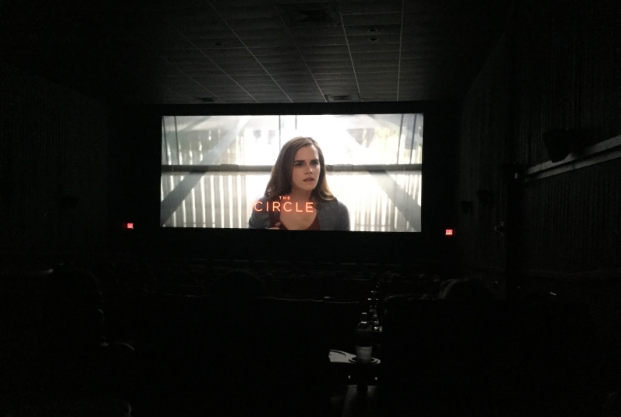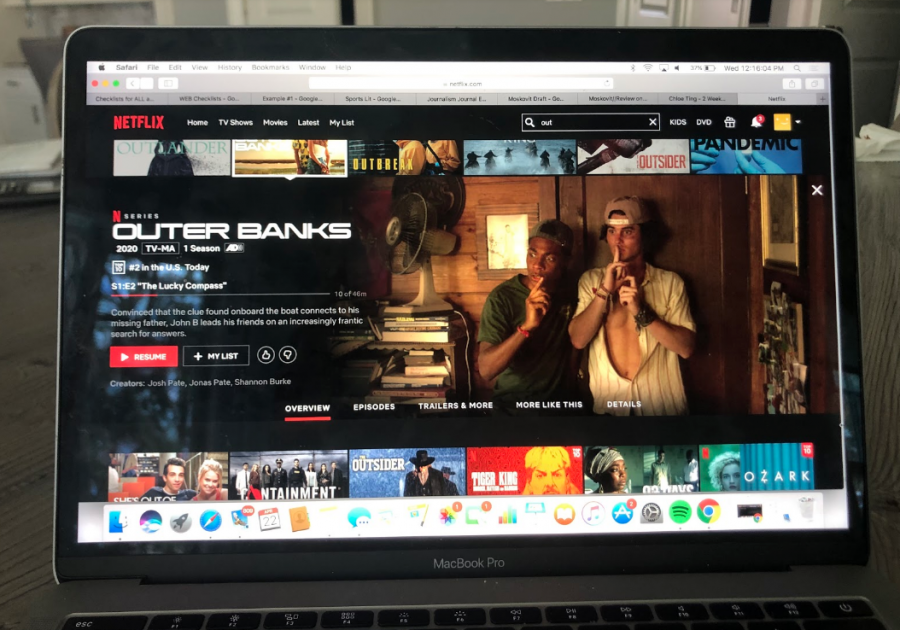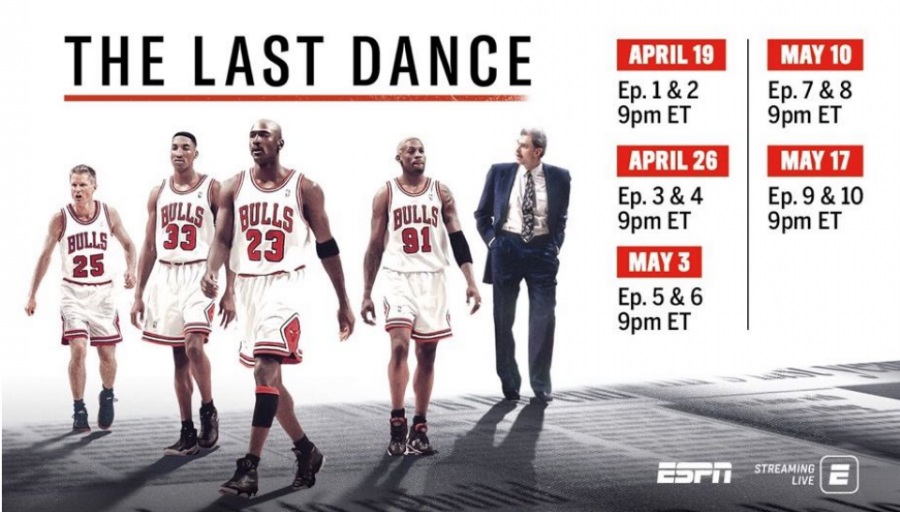Amelia Brown ’18
James Ponsoldt’s “The Circle” sounded great, with a relevant focus on technological privacy and an A-list cast including Emma Watson, Tom Hanks and Karen Gillan. The high hopes that I had built up, however, were quickly torn down as soon as Watson’s character, Mae Holland, uttered her first lines in a subpar American accent.
The overall story line was interesting enough. Mae lands an amazing job at big tech company The Circle. While it seems like a normal customer service job, it quickly becomes clear that the company environment is more cult-like than corporate; employees’ time on campus and involvement in groups and activities is tracked, with more socialization getting you a high performance rating, and going home on the weekends getting you a stern talking to.
The catalyst of Mae’s rise in the company is The Circle’s newest product, introduced by company head Eamon Bailey (Hanks). His motto, “Knowing is good. Knowing everything is better,” inspired the creation of ‘SeeChange;’ nearly invisible, marble sized cameras, hidden all over the world, tracking and analyzing everything and everyone. Mae quickly gets in over her head, agreeing to “go transparent,” which means she wears one of these cameras 24/7, live streaming her entire life for millions. As the company pushed for complete openness of everyone around the world, Mae and her coworkers struggle to find balance between honesty and too much privacy invasion.
The goal of the movie, to satirize the technology that peers into our lives everyday, is a noble one. The movie does do a good job showing the ridiculousness of tech companies, with The Circle’s campus full of dog yoga, lavish sleeping quarters and Beck concerts, it’s pretty similar to the new Apple building, making you actually stop and consider that maybe these companies are getting to be a bit much.
However, its messages about privacy, conveyed through Mae’s up-and-down ‘transparent’ journey, is muddled by the lack of her character development. The story arc seems to finally push Mae to realize the perils of oversharing and giving up privacy. However, she instead ends up willingly compliant with complete control of information by the company, leaving me questioning the merit of the warning conveyed in the story, as it wasn’t even enough to change the main character’s mind.
Additionally, the movie tried to touch upon other plot lines, such as the role technology companies play in politics or the meaning of true democracy. These, and other small tangents, were quickly forgotten after a scene or two, leaving the audience feeling confused and the movie feeling unfinished.
The hard thing about satire is that the position you take has to be so ridiculous that no one could possibly actually hold that belief. Unfortunately for this namesake movie adaptation of Dave Eggar’s 2013 book, most of the technology warned about in the book is reality in 2017. This resulted in the movie falling short in truly satirizing our technology crazed world and failing to deliver the important messages it set out to.




















































